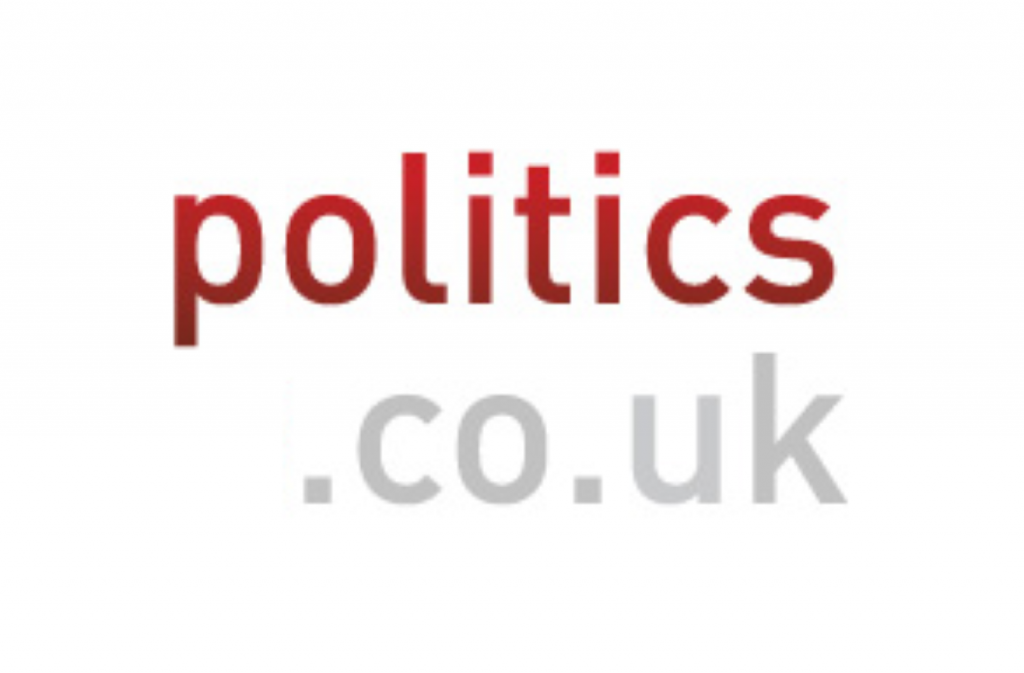Democratic Unionist Party (DUP)
The Democratic Unionist Party (DUP) may have weathered a storm in recent years as they fought to make powersharing work, but they now face a tough test to make progress in Northern Ireland’s Westminster elections.
How will they cope with the threat from the Ulster Unionist Party’s tie-up with the Conservatives? Follow their ups – and downs – throughout the general election campaign here.
High – January 6th: A weapons dump – The violent past of the divided unionist movement moved a step further away as the Ulster Defence Association, the paramilitary group to which Stormont bomber Michael Stone belonged, announced it had destroyed its guns.
Low – January 11th: Robinson scandal – DUP leader Peter Robinson was forced to temporarily stand down from his role as first minister after the scandal about his wife Iris Robinson’s financial and sexual activities with a 19-year-old broke. Enterprise minister Arlene Foster was forced to take over.


High – February 5th: Robinson returns – In a huge relief for the DUP the leader resumed his duties as first minister, enabling him to put his wife’s disgrace behind him – in political terms, at least.
High – February 5th: Powersharing breakthrough – Deadlock over the devolution of policing and justice powers finally ended as the DUP and Sinn Fein cut a deal. After weeks of negotiations Robinson hailed the breakthrough as being “unanimous”.
High – March 9th: Policing devolution clears NI Assembly – The final hurdle for policing and justice devolution was cleared, to the huge relief of the powersharing executive. A last-minute intervention from George Bush failed to persuade the Ulster Unionist Party from backing the deal, however.
High – March 25th: MP commitment boosted – The DUP’s presence in Westminster was given a boost after it was announced any Assembly members who become MPs at the election will step down from Stormont.
High – April 7th: Open race – The 2010 general election will the most “open” in Northern Ireland “in a generation”, first minister Peter Robinson said. The DUP leader expressed his optimism about the next few weeks, saying the prospect of a hung parliament gives Northern Irish voters crucial influence on polling day. The more he puts forward that point, the more he’ll improve his turnout.
Low – April 7th: Infighting – The DUP’s William McCrea took pot shots at other unionist parties and the UUP/Conservative alliance. “The DUP has shown that we are united and committed to keeping Northern Ireland moving forward,” he said. “Our unionist opponents, by contrast, fall into two categories: those who would have swallowed anything or those who would reject everything.”
High – April 15th: Legal wrangles – Traditional Unionist Voice (TUV) leader fails to extend a temporary injunction against leaflets by his DUP opponent, Ian Paisley Jr. A libel proceeding continues, however.
Low – April 14th: Poster wars – The DUP is left with egg on its face after a model in one of its campaign ads is found on an advert by its Ulster Conservatives and Unionists (UCU) opponents. The UCU had spotted that the image of the woman was from a stock photo firm and bought another image of the model to appear on its poster.
High – April 19th: Manifesto launch – The DUP calls on voters to return ten DUP MPs to Westminster as it launches its manifesto. The document calls for Northern Ireland to be treated as a special economic zone.
Low – April 23rd: Defensive debate – Robinson is put on the defensive in a live TV debate. He is questioned about a £5 land deal with late property developer Fred Fraser and expenses claims from his MPs.

